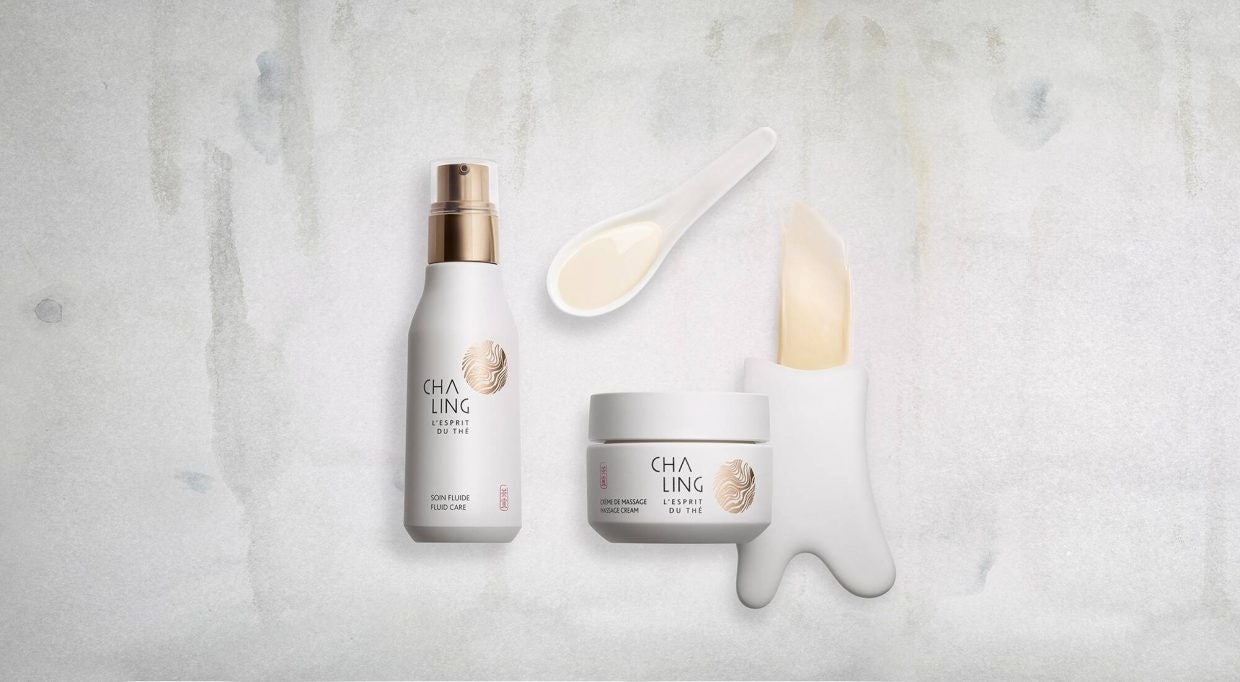Skincare and beauty is big business in China. It's currently the second-largest beauty market in the world. Revenue for beauty products is expected to reach $53 billion by 2025, and with dozens of domestic, Korean, Japanese, and Western brands jostling for market share, one of the biggest areas of expected growth is natural skincare.
As Jing Daily recently noted, an AlixPartners survey earlier this year found, “a common interest in natural and organic beauty products” among five surveyed nations, including China. But, it also found that "Chinese consumers are more committed to green beauty than consumers in the other four nations.” The survey found that 90 percent of surveyed Chinese consumers said purchasing “healthy or clean products” was important to them, higher than the 72 percent seen across the rest of those surveyed. Younger consumers between 18-34 were found to be more concerned with “green attributes” than older respondents. The results of the survey follow similar findings from recent years. In 2018, a survey by the consulting firm Clear found that 69 percent of Chinese respondents were willing to purchase a completely natural product at a “premium” price.
Looking to reach these consumers and develop an edge in such a competitive and vast market, brands have attempted to incorporate ingredients or philosophies that resonate with Chinese customers. One of the companies looking to fuse luxury skincare with traditional Chinese medicine is Cha Ling, which launched in 2016 by the luxury giant LVMH.
Beyond promoting their ingredients — which is a strategy also employed by the likes of Inoherb and BAYANKALA — brands are turning to Chinese influencers and KOLs to spread the word and increase interest in “green” or “clean” beauty. However, mentions of “green beauty” on Chinese platforms are currently dominated by three companies: South Korea’s Innisfree, the American brand Origins, and the homegrown brand Chando.
It’s in this market that another China newcomer is set to make its debut. This month, American skincare brand Drunk Elephant will launch at Sephora in Hong Kong, simultaneously selling in mainland China via Tmall’s cross-border site. The brand will host a two-day pop-up in Hong Kong akin to others previously held in New York and London, making the Drunk Elephant line available at launch. According to the brand, Drunk Elephant expects the Greater China market to make up 10 percent of its total global sales.
Riding the wave of promotional help from Tmall and Sephora, Drunk Elephant is hoping for good word-of-mouth and a heavy focus on its ingredients to get Chinese customers interested. The brand has also hired a China-based general manager to drive its domestic expansion. Although they’ll first in Hong Kong and sell via Tmall, the brand also wants to satisfy its fans outside of China, many of whom were concerned that China might force Drunk Elephant to comply with its animal testing policies. According to NYLON, this isn’t the case, as “Hong Kong doesn't have the same animal testing laws as mainland China, so Drunk Elephant is able to sell its products without compromising its cruelty-free stance. By utilizing a cross-border commerce site like Tmall, the brand is also allowed to sell in China without submitting products for testing.”
According to all of the signs, the demand for natural skin care products is rising, and the means to promote it are there. Now, the question is how brands like Drunk Elephant and fellow American newcomer FENTY can stand out and compete with massive global brands like Origins and Innisfree.

